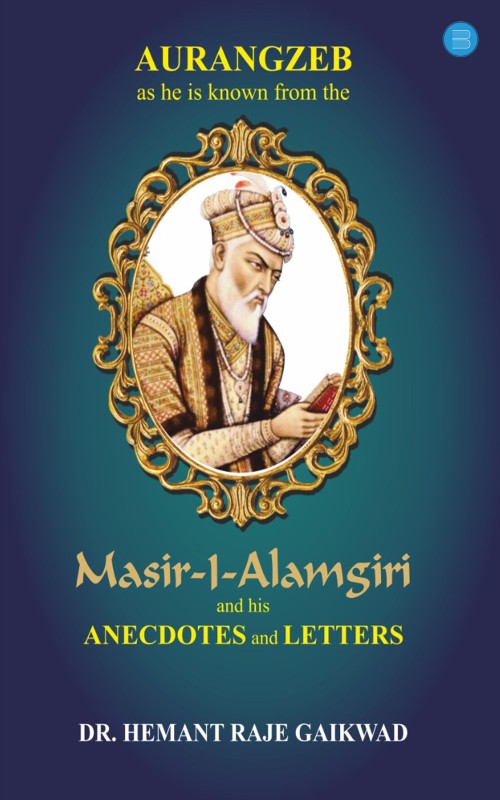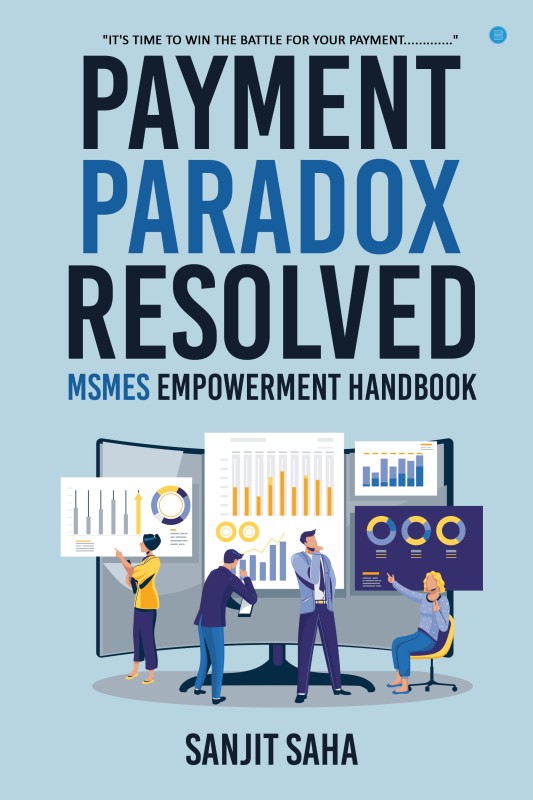Aurangzeb as he is known from the Masir I Alamgiri and his Anecdotes and Letters
by Dr. Hemantraje Gaikwad | 20-Jan-2025
(0)
While studying Aurangzeb, the three books that intrigued me were the Masir-I-Alamgiri, Letters of Aurangzeb and Anecdotes of Aurangzeb. The Masir-i-Alamgiri is a chronicle written by Saki Mustad Khan that records births, marriages, deaths, p...
Original
Books
Fastest
Delivery
7-day
Replacement
Book Details
- Language : English
- Pages : 388
- ISBN : 9789367830277
- Genre: ACADEMIC
- Size : 5" x 8"
- Binding Type : PAPERBACK
- Age Group: + Years
- Paper Type : WHITE PAPER
- Interior : BLACK & WHITE
- Cover : MATTE FINISH
- Book Type : PAPERBACK
- Tags : Aurangzeb,Masir-I-Alamgiri,Letters of Aurangzeb,Anecdotes of Aurangzeb,Saki Mustad Khan,Persian poets,Koranic verses,Plato and Aristotle,Arabic literature,Mughal Empire
-
Best Sellers Rank :
#1529 in Academics
#9547 in Global
Reviews
There are no reviews for this product yet.

 USD
($)
USD
($) AUD
($)
AUD
($) CAD
($)
CAD
($) EUR
(€)
EUR
(€) HKD
($)
HKD
($) GBP
(£)
GBP
(£) SGD
($)
SGD
($)








